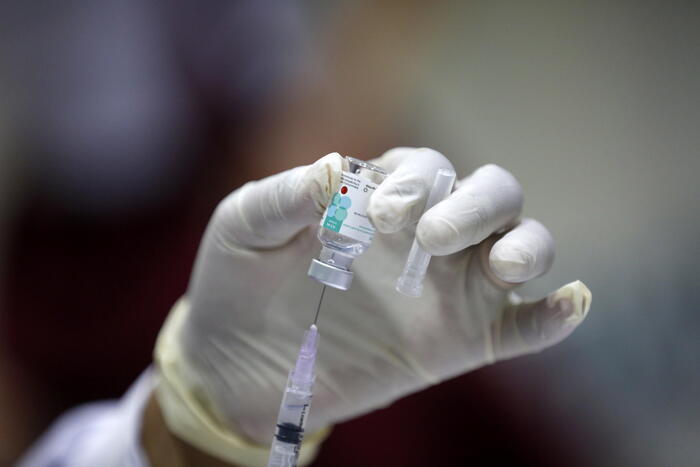A new study on the development of a vaccine against the human papilloma virus (HPV) based on the use of bacterial outer membrane vesicles (OMVS) as a vaccination platform has been published in the journal Vaccines.
The study, partially financed by the European Advanced Erc project "Vaccibiome", explains a note, is the result of collaboration between the Toscana Life Sciences Foundation, the University of Trento, the Biomvis start-up and the German cancer research center (Dkfz) .
The new vaccine based on recombinant Omvs promises a strong neutralizing response with a high spectrum of action.
The HPV vaccines currently on the market are based on the L1 protein.
They are vaccines based on the combination of the L1 antigen belonging to different serotypes of the virus in an attempt to broaden the spectrum of protection, but since L1 is poorly conserved among the various members of the virus family, to date many tumor-related strains remain discovered by vaccination.
Furthermore, the available vaccines are complex from an industrial production point of view and require a specific cold chain.
These are characteristics that make them expensive and inaccessible to the populations of developing countries.
In order to overcome these limitations, the researchers of the Vaccibiome team have developed a vaccine based on the use of portions of the L2 protein of HPV which is much more conserved between the various serotypes than L1.
Strengths of such engineered vesicles are high immunogenicity, simplicity of the production process, limited costs and stability.
These characteristics would fill the gaps in current HPV vaccines.
“The preclinical results of this vaccine represent a great achievement for us, thanks as always to the entire group of researchers involved in our activities - comments Alberto Grandi, researcher in the Vaccibiome group of Tls and cso of Biomvis -.
We are looking for pharmaceutical industries and investors willing to start the clinical development of our vaccine because we believe that the high cross-protection qualities, the negligible costs and the non-need for a cold chain for transport and storage make it an ideal product for a vaccination campaign in those countries where HPV still causes many deaths every year".
Reproduction reserved © Copyright ANSA

